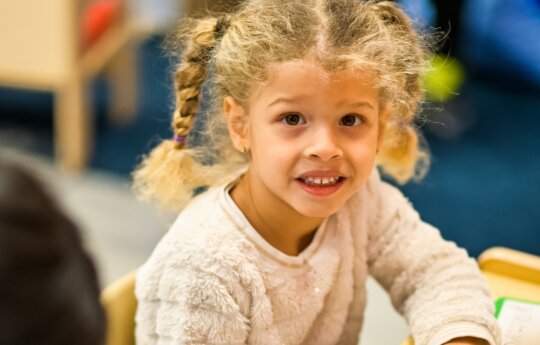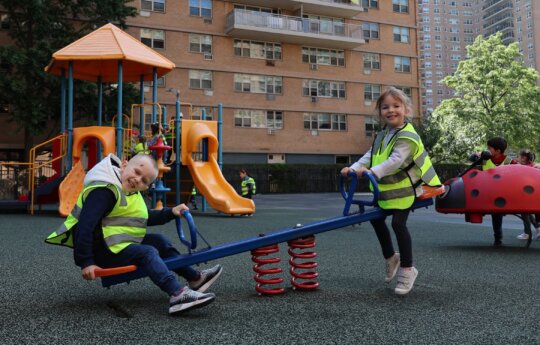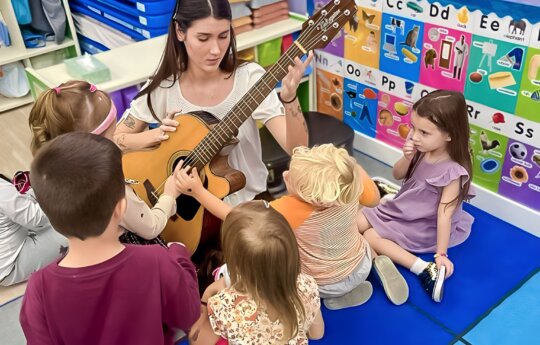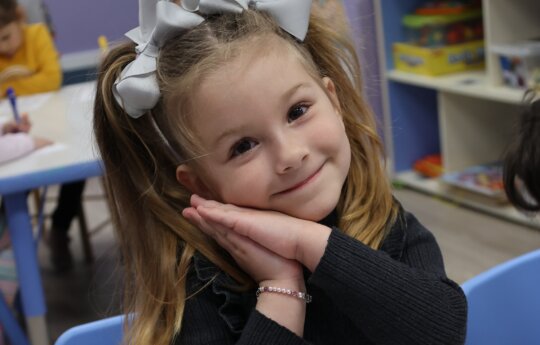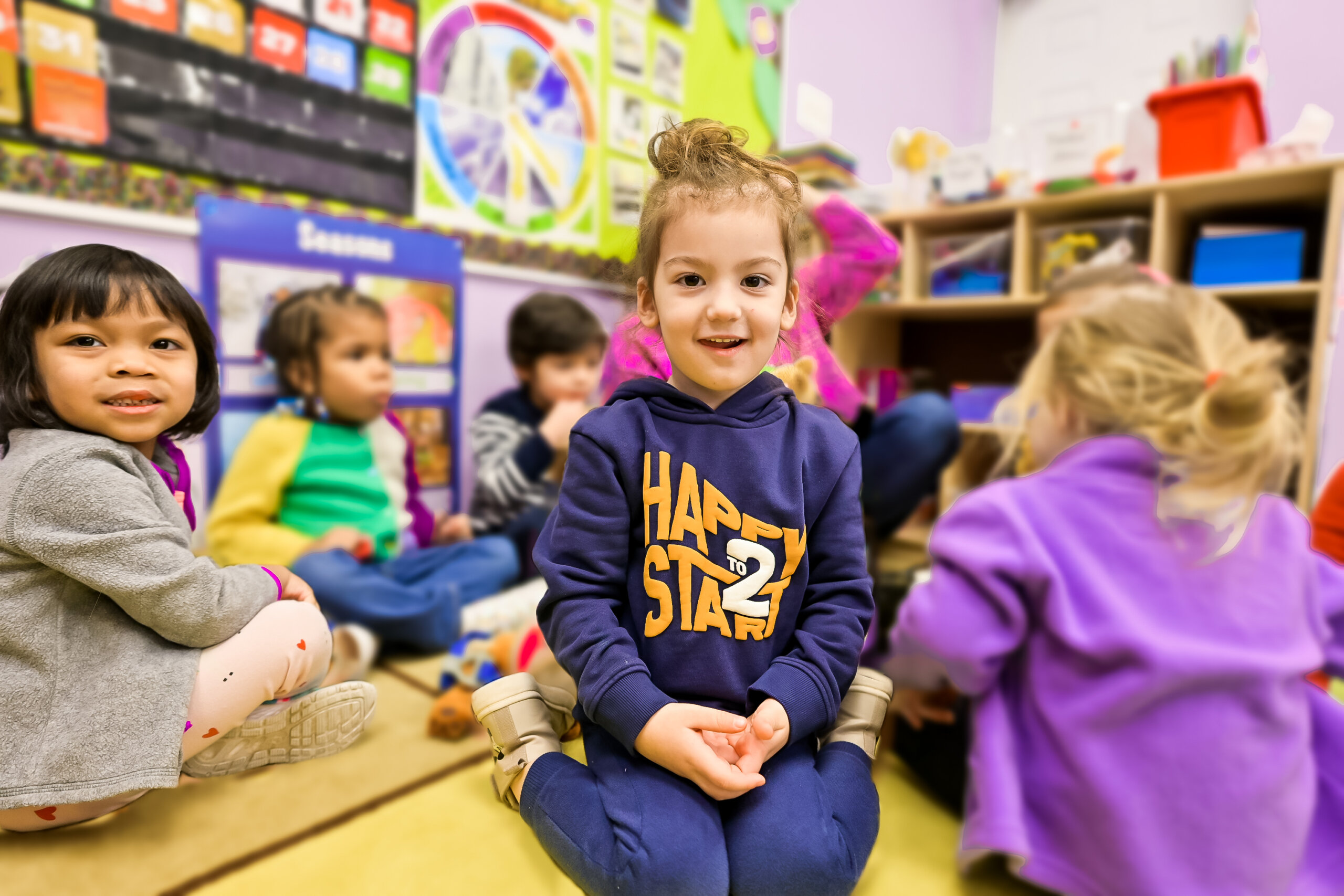
Social-emotional development is a cornerstone of early childhood growth, shaping how children understand themselves, relate to others, and navigate their emotional world. It’s a journey that begins from infancy and plays a crucial role in a child’s ability to thrive in later stages of life.
The Essence of Early Childhood Emotional Growth
The early years are not just about learning ABCs and 123s. They are also about learning the vital skills of emotional intelligence in toddlers and young children’s emotional health. This includes recognizing and managing their own emotions, understanding the feelings of others, developing empathy, and building strong relationships.
Child Social Skills Development: A Pillar of Early Learning
Developing social skills in early childhood is as essential as learning to read and write. These skills are the building blocks for friendships, communication, and understanding social norms. Building social skills in early childhood isn’t just about playing well with others; it’s about laying a foundation for lifelong interpersonal skills.
Emotional Intelligence: A Key to Success
Emotional intelligence is a critical aspect of social-emotional development in children. It involves the ability to identify and manage one’s own emotions, as well as the emotions of others. This skill is crucial for personal well-being, academic success, and later professional achievements.
Preschool Social-Emotional Learning: More Than Just Play
At Little Scholars, preschool social-emotional learning is integrated into every activity. Whether it’s during circle time, free play, or structured learning, children are constantly being guided to understand and express their emotions in a healthy and respectful manner.
Nurturing a Child’s Emotional Health
Young children’s emotional health is nurtured through consistent, caring relationships and a supportive environment. At Little Scholars, we provide a safe space where children can explore their feelings, learn to cope with challenges, and develop resilience.
The Role of Empathy in Child Development
The development of empathy in children is a key focus in our curriculum. We believe that by teaching children to understand and share the feelings of others, we are equipping them with one of the most important life skills.
Activities to Boost Emotional Development
Incorporating emotional development activities for young children is a daily practice at Little Scholars. From role-playing games to storytime discussions, we ensure that children have ample opportunities to grow emotionally.
Strategies for Enhancing Emotional Growth
Emotional development strategies for kids involve a mix of activities, discussions, and reflective practices. These strategies are designed to help children understand their emotions, develop empathy, and build social skills.
Recognizing Preschooler Social-Emotional Milestones
Understanding the preschooler social-emotional milestones is crucial in monitoring a child’s development. At Little Scholars, we pay close attention to these milestones to ensure each child is developing appropriately. Here are some key milestones to look out for:
- Developing Self-Awareness: Children begin to recognize their own emotions and can label them (happy, sad, angry, etc.).
- Empathy Towards Others: Showing concern for a friend who is upset or sharing toys during playtime.
- Building Friendships: Initiating interactions with peers and participating in group activities.
- Managing Emotions: Learning to use words to express feelings instead of physical actions.
- Following Rules and Instructions: Understanding and adhering to classroom rules and routines.
- Problem-Solving Skills: Beginning to resolve minor disputes with peers without adult intervention.
These milestones are integral to the emotional intelligence in toddlers and set the foundation for developing empathy in children and building social skills in early childhood. At Little Scholars, we tailor our programs to support each of these milestones, fostering a well-rounded emotional and social development for your child.
Toddler Emotional and Social Growth: A Balanced Approach
At Little Scholars, we believe in a balanced approach to toddler emotional and social growth. This includes a combination of play-based learning, structured activities, and plenty of opportunities for social interaction.
The Little Scholars Advantage
At Little Scholars, we pride ourselves on our expertise in child social skills development and early childhood emotional growth. Our programs are designed to offer high-quality early childhood emotional support and utilize the best practices in toddler social-emotional learning.
Conclusion
Choosing the right preschool is a significant decision for any parent. At Little Scholars, we understand the importance of social-emotional development in children and are committed to providing a nurturing environment where your child can grow and thrive. Our proven methods and dedicated staff ensure that your child receives the best in early childhood emotional growth and child social skills development. Join us at Little Scholars, where we nurture the leaders of tomorrow, today.
As you can see, the importance of social-emotional development in children cannot be overstated. At Little Scholars, we are dedicated to providing the best environment and programs to support this crucial aspect of your child’s growth. Contact us today to learn more about our programs and how we can help your child thrive.

